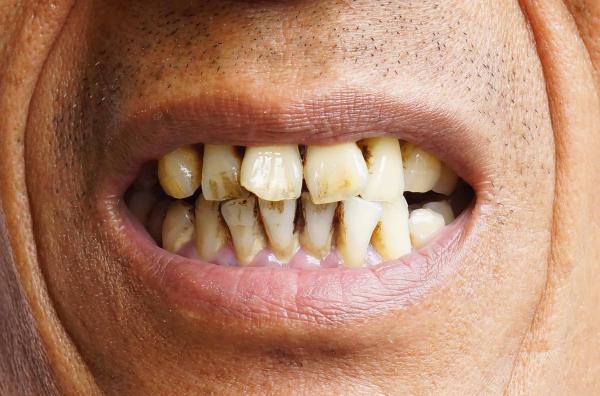
According to the Oral Cancer Foundation, about 48,250 individuals in the United States alone will be diagnosed with oral or pharyngeal cancer this year. Of this number, nearly 9,575 people will be killed by this cancer. To help put this in perspective, oral cancer kills approximately one person each hour of the day.
Oral cancer is grouped along with head and neck cancers. Of all the cancer types in this category, oral cancer makes up nearly 85 percent of all cases. The high death rate is due to late diagnosis; most forms of oral cancer are found after metastasizing in another location, commonly on lymph nodes in the neck. At this point, prognosis is worse than if the cancer was found just in the oral cavity.
What's even scarier is that oral cancer has a high risk of developing second primary cancers. After surviving your first bout with oral cancer, you can be 20 times more likely to develop a second cancer.
While articles and research about thyroid, breast or skin cancer are usually what we read about, it's crucial we know the warning signs of oral cancer. Knowing the symptoms can help early detection, which could save your life:
Mouth
-
Swelling or thickness along gum lines, lips and flesh on your cheeks
-
Abnormal lumps or bumps anywhere in the oral cavity
-
Any rough patches containing crust or eroded skin on your lips, flesh and cheeks
-
Presence of velvety white, red, or a mix of white and red patches on the skin in your mouth
-
Random bleeding
-
Random bouts of numbness, tenderness or pain in the neck, mouth or cheeks
-
Persistent canker sores
-
Difficulty chewing, speaking or moving your jaw
-
Chronic sore throat
-
Ear pain
-
Dramatic weight loss
Who gets oral cancer?
Men are more prone to develop oral cancer, with men over the age of 50 the most prone. Oral cancer is the sixth most common cancer found in men.
Other individuals that smoke cigarettes, cigars and pipes are six times more likely than their non-smoking counterparts to develop oral cancer. Individuals that also use smokeless tobacco or chew increase their risk of cancer in the oral cavity significantly.
Understand your family's history of cancer to help gauge your susceptibility as well note your lips sun exposure.
Ways to prevent oral cancer
-
Do not smoke or use tobacco products
-
Avoid binge drinking
-
Eat a balanced diet
-
Exercise
-
Limit sun exposure
To help detect oral cancer early on, dentists suggest individual's conduct an oral exam on themselves once a month. With a bright light and oral mirror, poke and feel for any of the previously mentioned symptoms. Also feel for swollen lymph nodes, and attend your annual dentist appointments.

